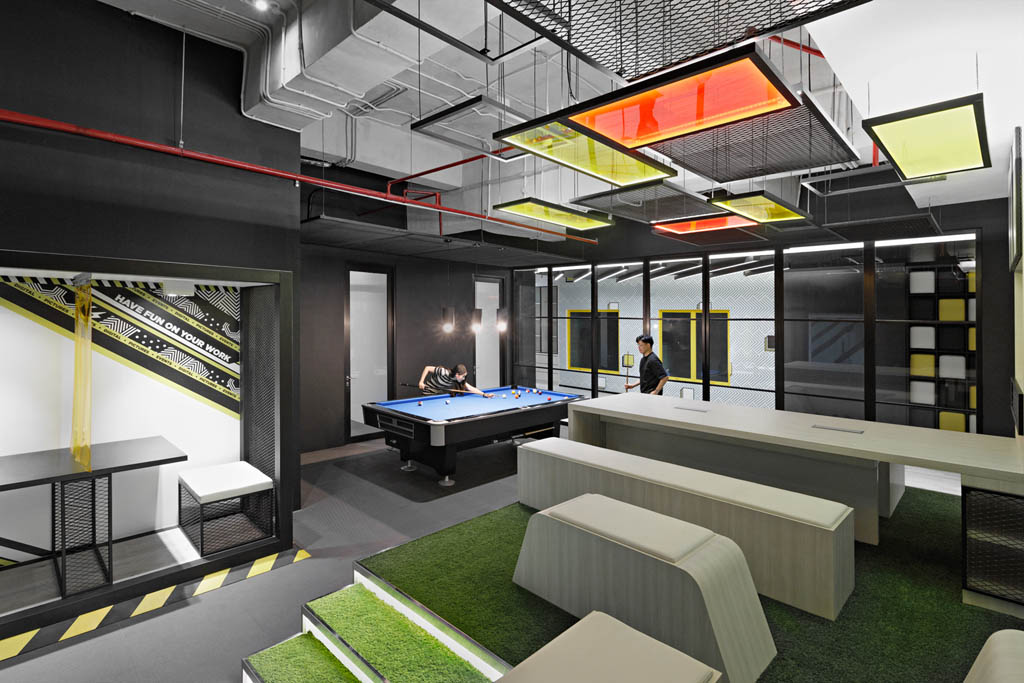
In today’s fast-paced world, where digital interactions often replace face-to-face communication, a warm greeting from another person can feel like a small but meaningful gesture. Yet, according to an employee at one of the world’s most recognizable fast-food chains, that simple act of politeness—saying “hello” or offering a smile—might not always be reciprocated.
A former McDonald’s team member recently shared insights into how frontline workers are trained and expected to manage customer interactions, revealing something surprising: mcdonald’s worker reveals customers who greet them may be ignored , especially during high-traffic moments. While this might come as a shock to many, it reflects the intense pressure employees face in environments built for speed and efficiency over personal connection.
The Fast-Paced Environment of a McDonald’s Restaurant
McDonald’s is synonymous with quick service. From the moment you step through the door—or place your order via app—you’re met with a system designed for rapid turnover. Employees are trained to follow specific protocols, work within tight timeframes, and prioritize accuracy and safety above all else.
In this setting, even well-meaning gestures like greetings can become distractions. According to the worker, when lines grow long and orders pile up, employees are often instructed to keep their focus on completing tasks rather than engaging in small talk or acknowledging every customer interaction.
This doesn’t mean the staff is being rude—it’s more about survival in a high-pressure environment. One second of distraction could lead to incorrect orders, spilled drinks, or delays that ripple through the entire shift.
Why Greetings Might Be Overlooked
The idea that a mcdonald’s worker reveals customers who greet them may be ignored isn’t unique to McDonald’s, but the chain’s global presence makes it a particularly interesting case study. In many fast-casual dining spots, employees are encouraged to maintain a friendly tone while keeping things moving. However, at McDonald’s, the emphasis on efficiency often overshadows personal engagement.
During peak hours—like lunch rushes or after school lets out—employees are under immense pressure to serve as many people as quickly as possible. A cashier might be handling multiple drive-thru orders while also managing in-store customers. Meanwhile, kitchen staff are juggling fryer times, grill space, and inventory counts.
In these situations, a simple “Good morning” from a customer might go unanswered—not because the employee heard it and chose to ignore it, but because they were too focused on hitting the next step in their workflow.
Training and Expectations for McDonald’s Employees
While corporate training does emphasize politeness and professionalism, it also instills the importance of consistency and throughput. Workers are taught scripts for taking orders, upselling menu items, and handling complaints, but there’s little room for spontaneous conversation.
Some locations encourage employees to make eye contact and offer smiles, but others prioritize speed so heavily that those human touches fall by the wayside. As one former crew member put it, “You learn pretty quickly that smiling and chatting won’t help if you’re falling behind on orders.”
This reality has led some employees to adopt a kind of mental switch: polite and attentive when directly interacting with a customer, but otherwise focused solely on the task at hand. It’s not a reflection of attitude—it’s a coping mechanism.
The Emotional Toll on Frontline Workers
Behind the counter, McDonald’s employees deal with everything from long shifts to difficult customers. Many are teenagers or young adults working part-time jobs, balancing school, family obligations, and other responsibilities. The pressure to perform under stress can be overwhelming.
When a mcdonald’s worker reveals customers who greet them may be ignored , it’s not just about speed—it’s often about emotional bandwidth. Constantly switching between robotic efficiency and human warmth can be exhausting. Some workers admit that trying to respond to every greeting or comment would simply add to their stress levels.
And yet, many still try. There are countless stories of McDonald’s employees going above and beyond to comfort upset children, chat with lonely seniors, or brighten someone’s day with a cheerful attitude—even when they’re swamped.
What Customers Can Do to Improve the Experience
Understanding the pressures McDonald’s workers face can go a long way toward fostering better interactions. While it’s natural to feel disappointed when a greeting goes unreturned, recognizing the context behind it can help ease frustration.
Here are a few tips for customers:
- Be patient: If the line is long or the employee seems distracted, remember that they’re likely doing their best to manage a heavy workload.
- Smile and thank them: Even if they don’t have time to engage, a kind expression or word of gratitude can still be appreciated.
- Avoid unnecessary interruptions: During busy times, sticking to your order and keeping conversations brief helps everyone move through faster.
By approaching these interactions with empathy, customers can contribute to a more positive experience—for themselves and the workers behind the counter.
Final Thoughts: More Than Just a Quick Meal
McDonald’s is far more than a place to grab a burger. For many, it’s a first job, a source of income, or a familiar stop in a hectic day. And for the employees who serve there, it’s a place filled with challenges, expectations, and occasional moments of human connection.
The revelation that a mcdonald’s worker reveals customers who greet them may be ignored isn’t meant to paint workers as unfriendly or indifferent. Rather, it highlights the complex dynamics at play in fast food environments, where efficiency and personal interaction often compete for attention.
So next time you walk into a McDonald’s, consider giving the person behind the counter the benefit of the doubt. A little understanding can go a long way—and who knows? Your kindness might just be the highlight of their shift.








